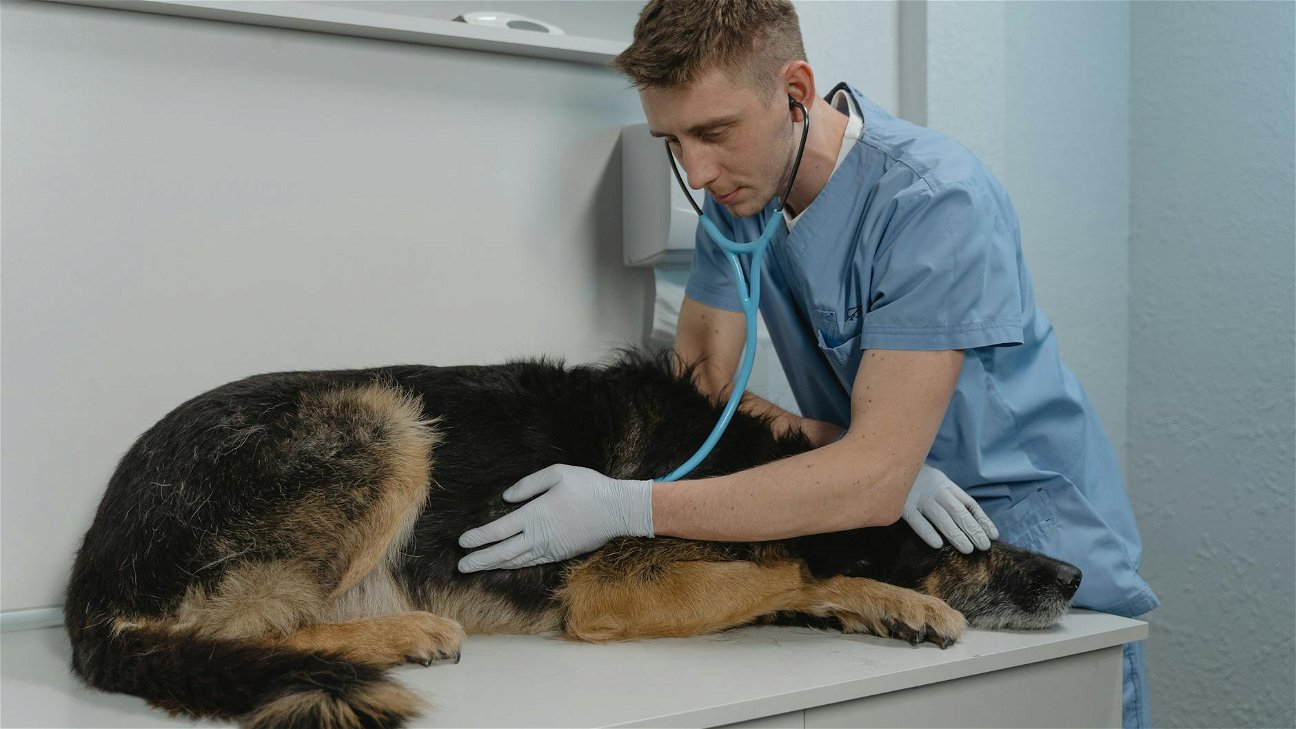
Pet owners understand that their furry friends are part of the family. However, it's not always easy to know when your pet is in discomfort, especially when it comes to skin and fur issues. Pet dermatology can be a complex field, but don't worry, we're here to help you understand and manage these issues effectively.
Identifying pet skin problems
Some of the most common symptoms of pet skin problems include:
- Red, inflamed skin
- Hair loss or bald patches
- Excessive scratching, chewing, or licking
- Bumps, lumps, or skin lesions
- Dry, flaky skin
- Bad skin odor
If you notice any of these signs, it's important to consult with your vet immediately. They can help diagnose the issue and recommend appropriate treatments.
Common skin disorders in pets
Pets can suffer from a range of skin disorders, including:
- Allergic Dermatitis: This condition is caused by an allergic reaction to substances like food, fleas, or environmental factors.
- Bacterial Infections: These can occur when your pet's skin is damaged or if their immune system is compromised.
- Fungal Infections: These are caused by various types of fungi and can result in conditions like ringworm.
- Parasitic Infestations: Conditions like fleas, ticks, and mites can all cause skin problems in pets.
Managing pet dermatological issues
When it comes to managing skin issues, it's essential to follow your vet's advice. They may recommend a combination of medical treatments and lifestyle changes.
Medications can include topical creams, oral drugs, or even injections. Lifestyle changes might involve switching food brands, increasing exercise, or improving grooming practices.
It's also worth noting that some pets can benefit from natural remedies. For instance, adding Omega-3 fatty acids to your pet's diet can improve skin health. However, always consult your vet before making any changes to your pet's diet or care routine.
Prevention is key
Pet dermatological issues can be a hassle to deal with, but there are ways to prevent them. Regular grooming can help detect any skin abnormalities early, and a balanced diet can boost your pet's immune system. Regular vet check-ups are also crucial.
Remember, your pet relies on you for their wellbeing. By being proactive about their skin health, you can ensure they live a happy, healthy life.











